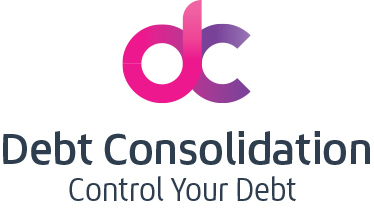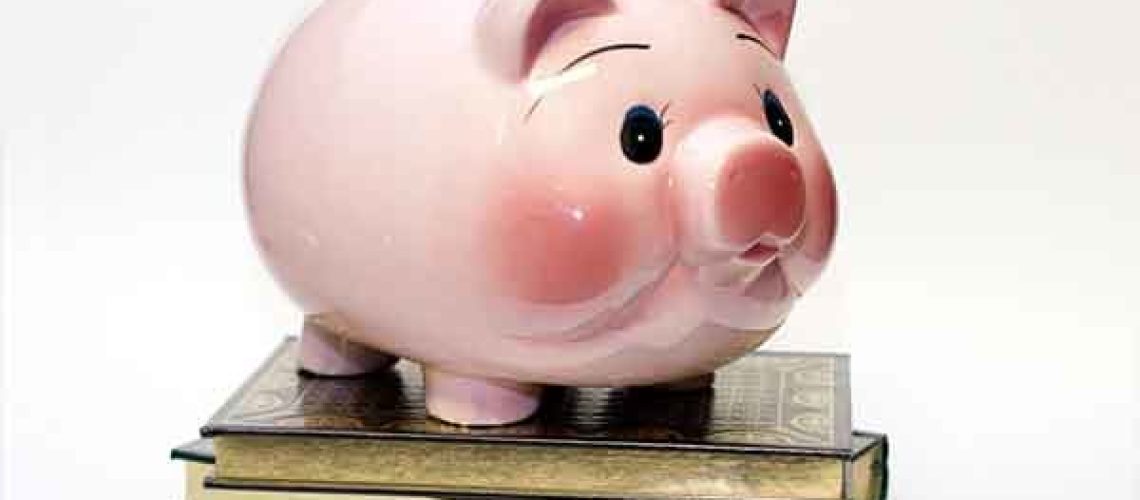Debt consolidation is not for everyone. It can leave you deeper into debt if you don’t do it right, but it can also give you a debt-free life and a rich nest egg.
Here are signs that debt consolidation is one of the best financial choices you can make:
You can pay your debt once a month
A lot of people try to pay their debts on time each month, but not everyone can do it. If you have multiple debts and you don’t have the time to pay each debt one by one, you may miss payments even if you have money to pay the debt. It happens when you have varying due dates for each account.
For example, you have 5 credit cards, and they have their own payment schedules. You may not be able to pay on the day itself, thereby accruing interest and penalties in the process. It’s similar to savings. Not everyone can put all of their loose change into several jars and deposit them in various accounts each month. What they can do is deposit an amount every once in a while in each savings account.
So, what happens when you miss payments on your credit accounts? In time the interest will grow and the principal remains the same. While you can try to set aside a certain amount of money each month for all your accounts; even with a reminder, it takes discipline to pay on time. With a debt consolidation loan, you can easily pay your debt first, by making automatic payments, or by setting up a reminder to pay a single debt each month, hopefully on your payday itself.
What this means is that you designate a certain amount of your income as your debt repayment. You pay that money to your debt consolidation loan either through automatic payment–using your savings or checking account, or by paying the lender itself before you pay anyone else or buy anything for yourself.
If you pay your debt first, then money will get saved because you will not miss payments nor pay penalties. The nice thing about consolidating debt is if your budget is a little tight, it forces you to make payments and make adjustments elsewhere so your debts continue to decrease.
You want to save money on interests and monthly payments
By consolidating your debts, you are reducing the cumulative sum of the amount of interest paid on multiple credit cards and loans you took. The interests usually include the actual interest rate on a loan, any penalties, late fees and other charges the lender may charge your accounts. At present, borrowers are paying an average interest rate of over 12% for the privilege of borrowing money from credit providers.
What is the reason behind high interest rate on credit cards? As a credit card holder, you have the ability to spend money that you don’t have. It may take time for you to earn that money before you spend it. In return, you are going to pay the credit card provider with a fee, in the form of interest, expressed as an annual percentage rate, for the privilege of using the money.
Clearly almost everyone is using credit cards for day-to-day expenses. With a credit card on hand, it is easier to get into debt than to save money. It’s because, some people often forget that what they are spending is borrowed money. So, how do you avoid credit card debts? Consolidate multiple credit cards and don’t use them until you have fully paid your loan.
You want to eliminate debt as fast as you can
There are two types of debt that a person needs to pay immediately.
First, you need to eliminate credit card debts as soon as you can. Credit cards put you deeper into debt, especially if you have lots of them. You may be in a habit of doing balance transfers to escape due dates, or of charging daily expenses on your cards. These are dangerous financial habits because you may be spending more than what you actually earn, and you may not even worry about it. It’s because credit cards give us a false sense of having enough to cover for our daily needs—when in truth, we are already living on borrowed money. You may not feel the immediate repercussions of living on credit card debts. But, when you lose your job or when financial rises strike, and your credit accounts close down, you may not have enough money to make payments anymore. When that happens, how can you adjust without a credit card to depend on?
Second, pay your mortgage debts before retirement. Before you turn 65 make sure that you have paid off your mortgages, because it may be difficult for you to budget your retirement income when you still owe a huge amount of money on a home loan. Remember that housing is one of the largest expenses for seniors. If you want your savings to last much longer, candidate your home equity loans, pay your debts and reduce your loan term to make sure your mortgage debt is paid before you retire.
By taking out a debt consolidation loan, you have an opportunity to pay off all your credit card debts and your mortgage, and replace it with a new and affordable loan.

